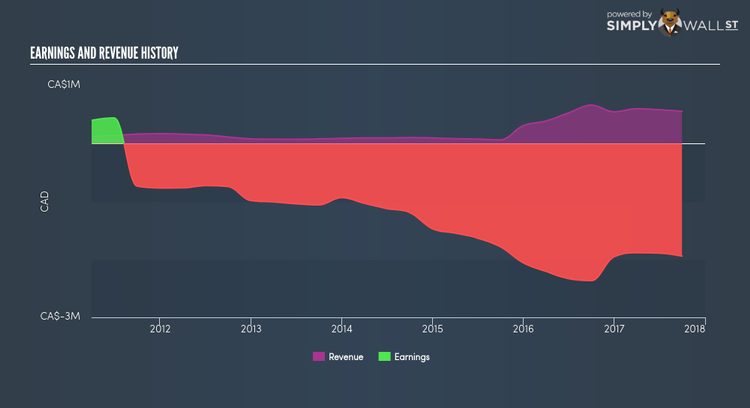Strikewell Energy Corp (CVE:SKK): Risks You Need To Consider Before Buying

If you are looking to invest in Strikewell Energy Corp’s (TSXV:SKK), or currently own the stock, then you need to understand its beta in order to understand how it can affect the risk of your portfolio. The beta measures SKK’s exposure to the wider market risk, which reflects changes in economic and political factors. Not all stocks are expose to the same level of market risk, and the market as a whole represents a beta value of one. Any stock with a beta of greater than one is considered more volatile than the market, and those with a beta less than one is generally less volatile.
View our latest analysis for Strikewell Energy
What is SKK’s market risk?
With a five-year beta of 0.51, Strikewell Energy appears to be a less volatile company compared to the rest of the market. This means that the change in SKK’s value, whether it goes up or down, will be of a smaller degree than the change in value of the entire stock market index. SKK’s beta implies it may be a stock that investors with high-beta portfolios might find relevant if they wanted to reduce their exposure to market risk, especially during times of downturns.
Could SKK’s size and industry cause it to be more volatile?
SKK, with its market capitalisation of CAD CA$1.12M, is a small-cap stock, which generally have higher beta than similar companies of larger size. Furthermore, the company operates in the oil and gas industry, which has been found to have high sensitivity to market-wide shocks. Therefore, investors may expect high beta associated with small companies, as well as those operating in the oil and gas industry, relative to those more well-established firms in a more defensive industry. This is an interesting conclusion, since both SKK’s size and industry indicates the stock should have a higher beta than it currently has. There may be a more fundamental driver which can explain this inconsistency, which we will examine below.
How SKK’s assets could affect its beta
An asset-heavy company tends to have a higher beta because the risk associated with running fixed assets during a downturn is highly expensive. I examine SKK’s ratio of fixed assets to total assets to see whether the company is highly exposed to the risk of this type of constraint. SKK’s fixed assets to total assets ratio of higher than 30% shows that the company uses up a big chunk of its capital on assets that are hard to scale up or down in short notice. Thus, we can expect SKK to be more volatile in the face of market movements, relative to its peers of similar size but with a lower proportion of fixed assets on their books. However, this is the opposite to what SKK’s actual beta value suggests, which is lower stock volatility relative to the market.
What this means for you:
SKK may be a worthwhile stock to hold onto in order to cushion the impact of a downturn. Depending on the composition of your portfolio, low-beta stocks such as SKK is valuable to lower your risk of market exposure, in particular, during times of economic decline. In order to fully understand whether SKK is a good investment for you, we also need to consider important company-specific fundamentals such as Strikewell Energy’s financial health and performance track record. I highly recommend you to complete your research by taking a look at the following:
1. Financial Health: Is SKK’s operations financially sustainable? Balance sheets can be hard to analyze, which is why we’ve done it for you. Check out our financial health checks here.
2. Past Track Record: Has SKK been consistently performing well irrespective of the ups and downs in the market? Go into more detail in the past performance analysis and take a look at the free visual representations of SKK’s historicals for more clarity.
3. Other High-Performing Stocks: Are there other stocks that provide better prospects with proven track records? Explore our free list of these great stocks here.
To help readers see pass the short term volatility of the financial market, we aim to bring you a long-term focused research analysis purely driven by fundamental data. Note that our analysis does not factor in the latest price sensitive company announcements.
The author is an independent contributor and at the time of publication had no position in the stocks mentioned.

